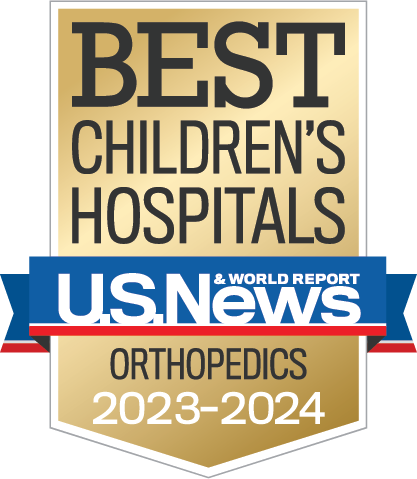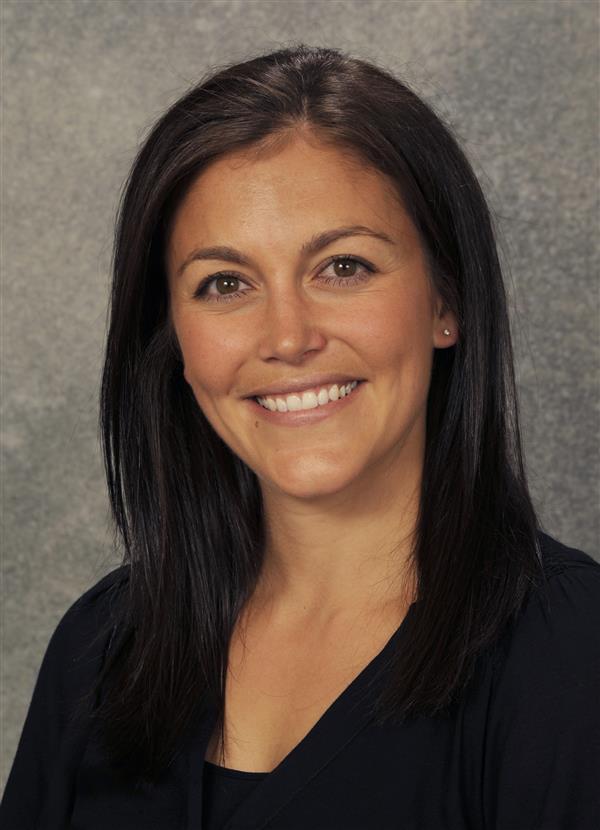- Doctors & Departments
-
Conditions & Advice
- Overview
- Conditions and Symptoms
- Symptom Checker
- Parent Resources
- The Connection Journey
- Calm A Crying Baby
- Sports Articles
- Dosage Tables
- Baby Guide
-
Your Visit
- Overview
- Prepare for Your Visit
- Your Overnight Stay
- Send a Cheer Card
- Family and Patient Resources
- Patient Cost Estimate
- Insurance and Financial Resources
- Online Bill Pay
- Medical Records
- Policies and Procedures
- We Ask Because We Care
Click to find the locations nearest youFind locations by region
See all locations -
Community
- Overview
- Addressing the Youth Mental Health Crisis
- Calendar of Events
- Child Health Advocacy
- Community Health
- Community Partners
- Corporate Relations
- Global Health
- Patient Advocacy
- Patient Stories
- Pediatric Affiliations
- Support Children’s Colorado
- Specialty Outreach Clinics
Your Support Matters
Upcoming Events
The Rosenberry Annual Conference: Pediatric Anxiety - Exploring Innovative Evidence Based Treatments (Hybrid)
Friday, May 3, 2024This conference will review innovative and evidence-based treatment for...
-
Research & Innovation
- Overview
- Pediatric Clinical Trials
- Q: Pediatric Health Advances
- Discoveries and Milestones
- Training and Internships
- Academic Affiliation
- Investigator Resources
- Funding Opportunities
- Center For Innovation
- Support Our Research
- Research Areas

It starts with a Q:
For the latest cutting-edge research, innovative collaborations and remarkable discoveries in child health, read stories from across all our areas of study in Q: Advances and Answers in Pediatric Health.


Spine Program
Torticollis
Kids aren’t just mini adults. In fact, they’re incredibly different. That’s why they need incredibly different care.

What is torticollis?
When a baby is born, one of the exams that the doctor may perform in the hospital is to check for torticollis (which means "twisted neck" in Latin). Congenital torticollis is a muscular problem that is present in an infant at birth. The muscle on one side of the neck is tight and causes the head to tilt to that side. You may also feel a lump on the tight muscle as well.
Who gets torticollis?
It is not clear why this problem occurs in some infants. Some people think infant torticollis occurs during delivery, while others think it occurs while the child is developing in the womb. Simple stretching exercises can help make the problem go away.
Torticollis is more common in first-born children. One in five children with torticollis also has developmental dysplasia of the hip (DDH), which is why infants with torticollis should have their hips examined as well.
Torticollis in older kids
Torticollis, isn't only seen in babies – it can also happen to kids and adults after a bad night's sleep or an uncomfortable position (like sleeping on the couch or floor). When we sleep in a new or awkward position, the muscles and ligaments of the neck or spine can shift, causing painful pulled muscles or loosened ligaments. Although it's uncomfortable, torticollis is usually nothing to worry about. Most kids feel better in a couple days with rest and relaxation.
What are symptoms of torticollis?
Signs and symptoms of torticollis include:
- An infant's head that is tilted to one side
- A lump felt over the tight muscle
- Decreased range of motion in the neck due to a stiff neck or neck pain
- Flattening of the head or face due to rigidity of muscles and difficulty changing the head position
How is infant torticollis diagnosed?
If your baby is referred to the Orthopedics Institute at Children's Hospital Colorado for torticollis, a pediatric neck and spine expert will perform a physical examination. This involves seeing how far your baby can turn his or her head.
If a torticollis diagnosis is made, the doctor will teach you neck stretching exercises to practice with your baby at home. These exercises help loosen the tight muscle and strengthen the weaker one on the opposite side (which has weakened due to underuse). This will help to straighten your baby's neck.
If the torticollis doesn't begin to improve after a few days, your baby's doctor may order an X-ray to evaluate the position of the spine.
If your baby is 6 weeks of age or younger and also has an unstable hip, the doctor might order an ultrasound determine if your baby also has developmental dysplasia of the hip, a condition sometimes found in infants with torticollis.
How is torticollis treated?
At the Spine Program at Children's Colorado, our neck and spine experts will give you specific exercises and suggestions to stretch your baby’s muscles to help relieve torticollis. These include:
- Place your baby in his or her crib facing a wall away from interesting objects, which encourages the infant to move the head to see them.
- Carry your child with his or her face away from yours, which will encourage the infant to move the head to face you.
- Turn and bend your baby's head slowly and hold the stretch. Do this with every diaper change to provide many opportunities to stretch the neck.
- If breastfeeding the child, turn him or her from side to side, so that he or she must turn the neck to reach the breast and feed.
Most babies with torticollis get better on their own through position changes and stretching exercises. The condition might take up to six months to go away completely, though in some cases it can take up to a year or longer.
Your doctor at Children's Colorado may also prescribe physical therapy for your child. Surgery is a last option that is only reserved for a time when the muscle does not improve with conservative treatment and needs to be released and lengthened.
Why choose our Spine Program for the treatment of your infant's torticollis?
The Spine Program at Children's Colorado evaluates and treats infants, children, adolescents and young adults with all types of neck and spinal conditions, deformities and injuries, ranging from torticollis to complex neuromuscular disease and trauma. Our spine team is among the most knowledgeable pediatric spine care teams in the country.
Next steps
-
Would you like to learn more about us?
Learn more about the Spine Program -
Do you need an appointment or have a question?
720-777-6600 -
Are you ready to schedule an appointment?
Schedule an appointment
Get to know our pediatric experts.

Blaine Allen, CPNP-AC
Certified Pediatric Nurse Practitioner, Certified Family Nurse Practitioner
Patient ratings and reviews are not available Why?

Tess Simpson, PhD
Patient ratings and reviews are not available Why?

Ryan Ballard, PA-C
Physician Assistant

Michelle Wolcott, MD
Orthopaedic Surgery, Sports Medicine
Patient ratings and reviews are not available Why?



 720-777-0123
720-777-0123



